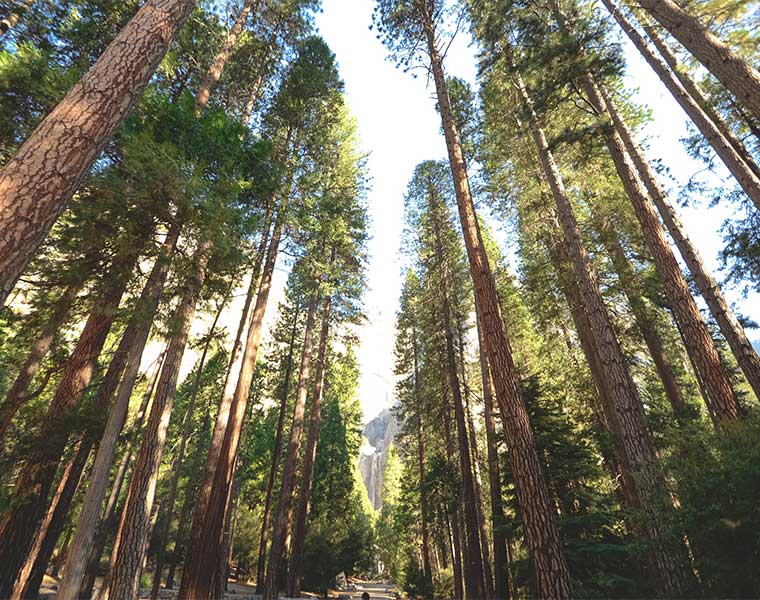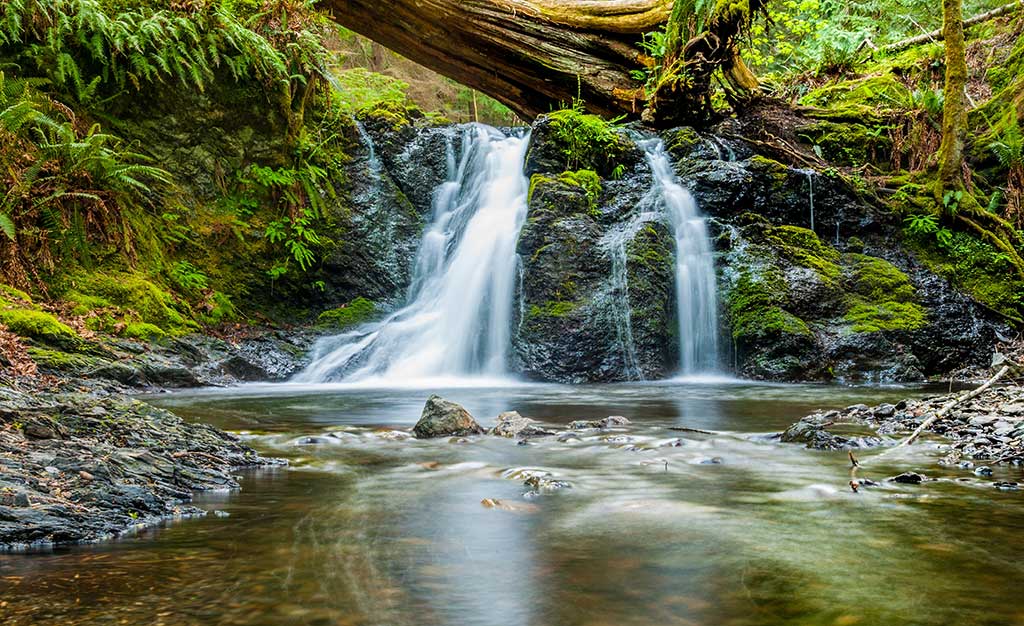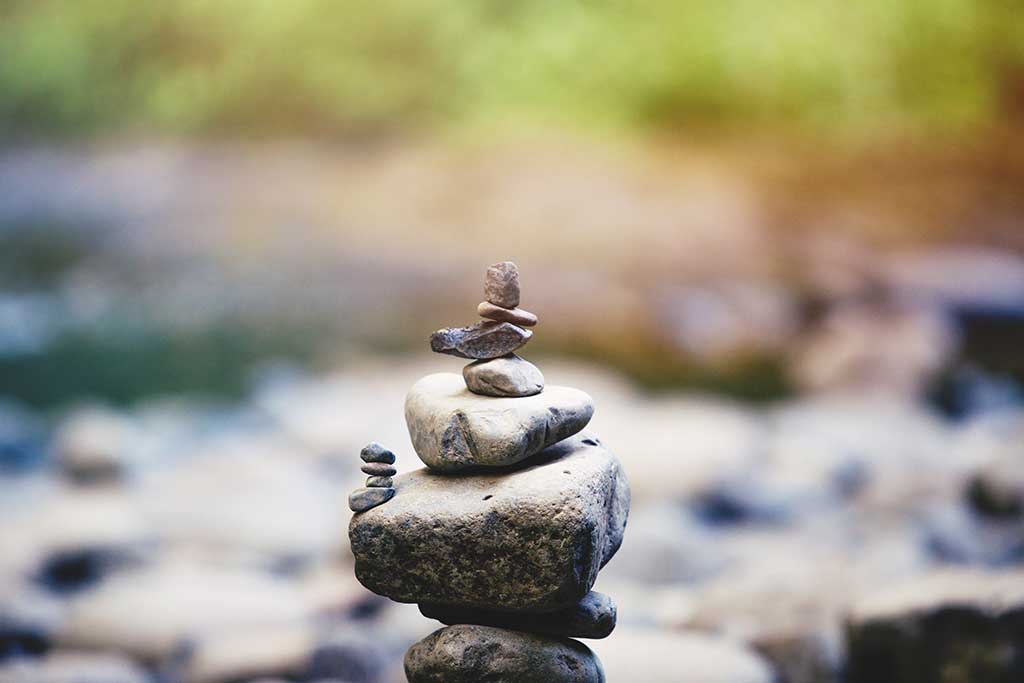Mountain therapy: 6 benefits of the outdoors

The new pills, medicines and syrups should be made of air. There is no doubt that fresh air is one of the best therapies/medicines our body can receive. A belief that has been with us for many years.
It is not new to say that the outdoors brings many benefits to the body. Some groups, such as Outward Bound, have been organising expeditions for years to enjoy the psychological benefits of a simple walk in the mountains. Several studies have shown that 'mountain therapy' reduces dependency, depression and the use of medication. It is a reality. It is nothing new to get out of the house, escape for a few days, clear your head in the fresh air and come back as good as new. However, although it is not a first, it is not something we should forget.
Studies warn us: mountain therapy, beyond being a recommended alternative, is a viable option to combat ailments, depression, post-traumatic stress disorders and even dementia and brain injuries. They claim that it has the same efficacy as medication. The novelty of this study is that it has provided valuable arguments for the medical community.
Mountain therapy as a medical alternative

"Most people feel stronger and healthier after a dose of fresh air," says Dacher Keltner (a psychologist at the University of California). And it's not a feeling. You don't feel better because you've unplugged. People actually feel better because many of the natural plants they have surrounded themselves with have stimulated certain hormones that have led to a decrease in stress levels and cytokine inflammations (those responsible for heart disease, diabetes or depression). But other factors also play a role in this "feel-good" sensation, as we shall now see.
1. Going out in the mountains helps to see life with positivity.
A recent study showed that spending time in nature has a positive effect on not becoming overwhelmed. As well as hiking helps to reduce negative and obsessive thoughts.
The study compared the attitudes of two groups: those who walked 90 minutes in the city and those who walked 90 minutes in a natural environment. And the results were clear. Those who walked a mountain route reported lower levels of rumination - recurrent and obsessive thoughts that make us uneasy - as well as reduced neural activity in the prefrontal cortex - the one associated with mental illness.
We have to take into account that nowadays most spaces are urbanised and that this urbanised environment is increasingly connected with depression and other mental illnesses. We find ourselves continually filled with distractions and a stressful pace of life. Therefore, reducing these distractions is an advantage for mental health.
2. Mountain therapy fosters problem solving skills
Creative problem solving can be enhanced by disconnecting from technology and reconnecting with nature. This can be seen in a study by Ruth Ann Atchely and David L. Strayer.
The conclusions of the study say that technology, and the noise of urban areas, means that we are constantly attentive to sounds or visual elements that are not important and this disturbs our cognitive functions. So enjoying a rural environment will help reduce mental fatigue and help us think more creatively. It can even help us to solve everyday problems in a different way.
3. Clean air decontaminates the lungs
And it is not only that the air is pure and unpolluted by pollution, but breathing clean air is a source of detoxification of all city gases.
4. Get rid of bad psychological habits
According to scientists, mountaineering can bring about psychological changes such as the elimination of narcissistic needs or the discharge of aggression. It also leads to a better social integration and to feel in our body lost sensations such as: sensations of when we were children.
5. The sun will lower your body's blood pressure.
Recent studies have shown that exposure to ultraviolet rays can lower blood pressure in healthy individuals. This is essential nowadays if we take into account the percentage of cardiovascular problems in the population.
6. The mountain makes you live more slowly
You don't need to hurry. The path will still be there, the trees will still be there, and so will the moss and the smell of vegetation. So walking in the mountains will make you feel that you are not in a hurry, that you can live slowly and enjoy the landscape, the colours, the textures...
Many people talk about the mountain as a therapy. It is something that has been developed, experimented and studied for years, although it seems that in recent years is when we need it the most. That is why it is important to promote it. Visiting cities and getting to know cultures is important. But discovering trails, landscapes, lakes, animals and vegetation is something our body needs to feel good. And, as we have seen, it doesn't just need it to disconnect -which it does too-, it needs it for what the air and the plants around us give our bodies.
We can only add that if you have not yet tried the benefits that the outdoors can bring you, now is the time. It's time to feel good.
Recommended reading:
- Monterapia y Slowmountain from Juanjo Garbizu (Author)
Don't miss any adventure in the Pyrenees!



It is normal, movement implies an increase of oxygen in the blood and therefore in the brain. Knowing how to walk to reduce muscular injuries and how to optimise our energy with glottic breathing helps to increase the pleasure of conscious walking, a highly valuable tool when transforming emotions that inhibit our movement into emotions that expand it. However, the process, like any process, requires two items
A- time
B-practice
And I usually add a third
C- patience
Rome was not made in a day